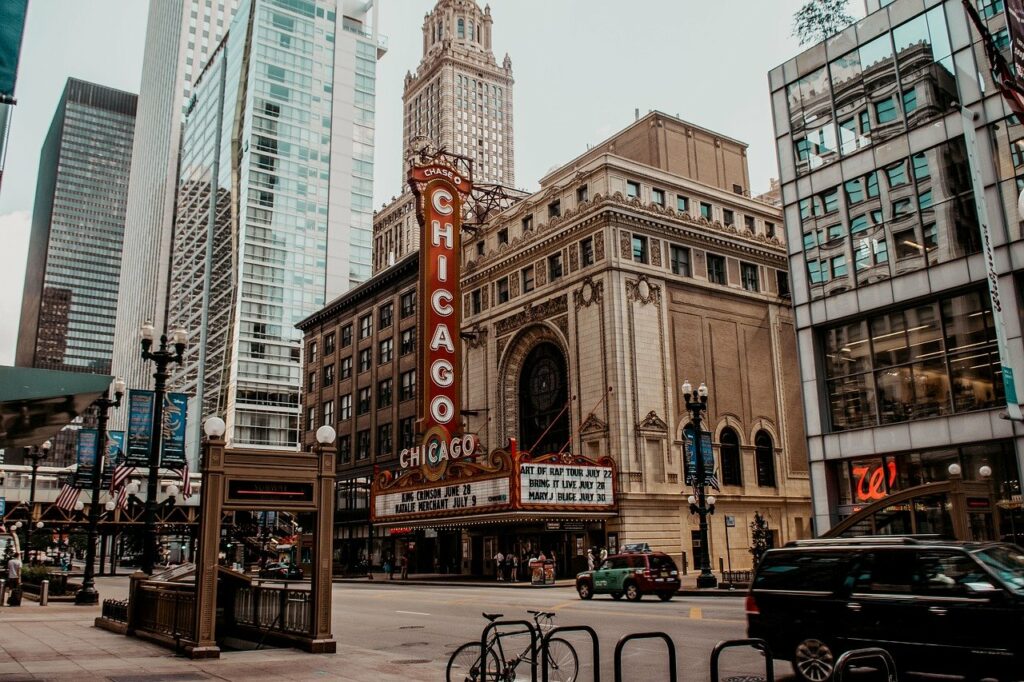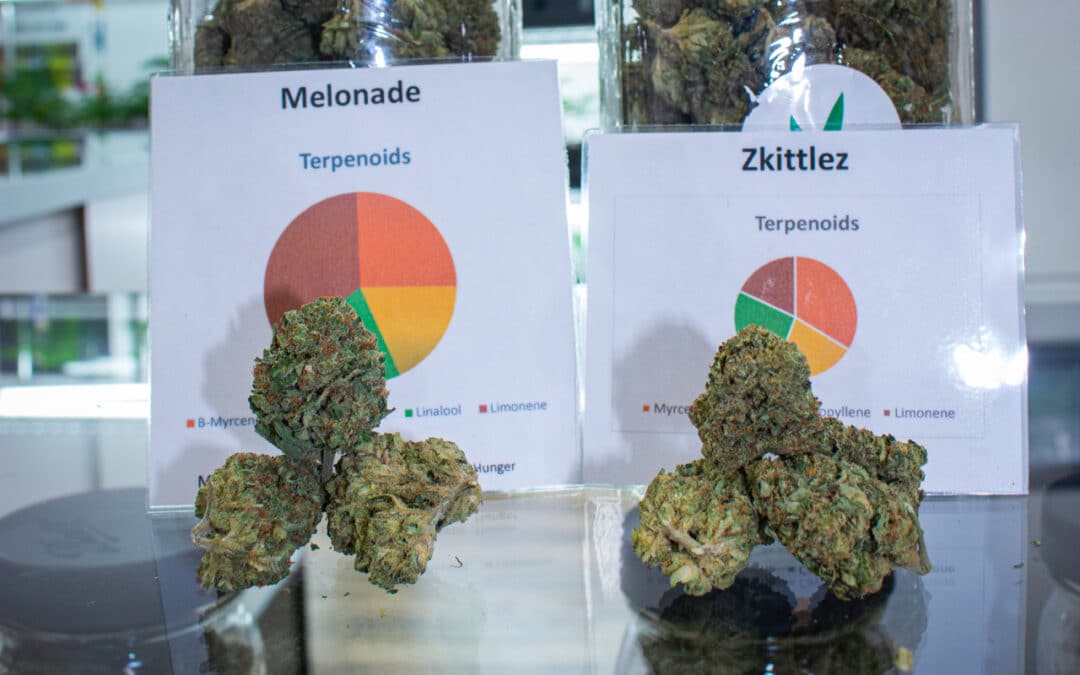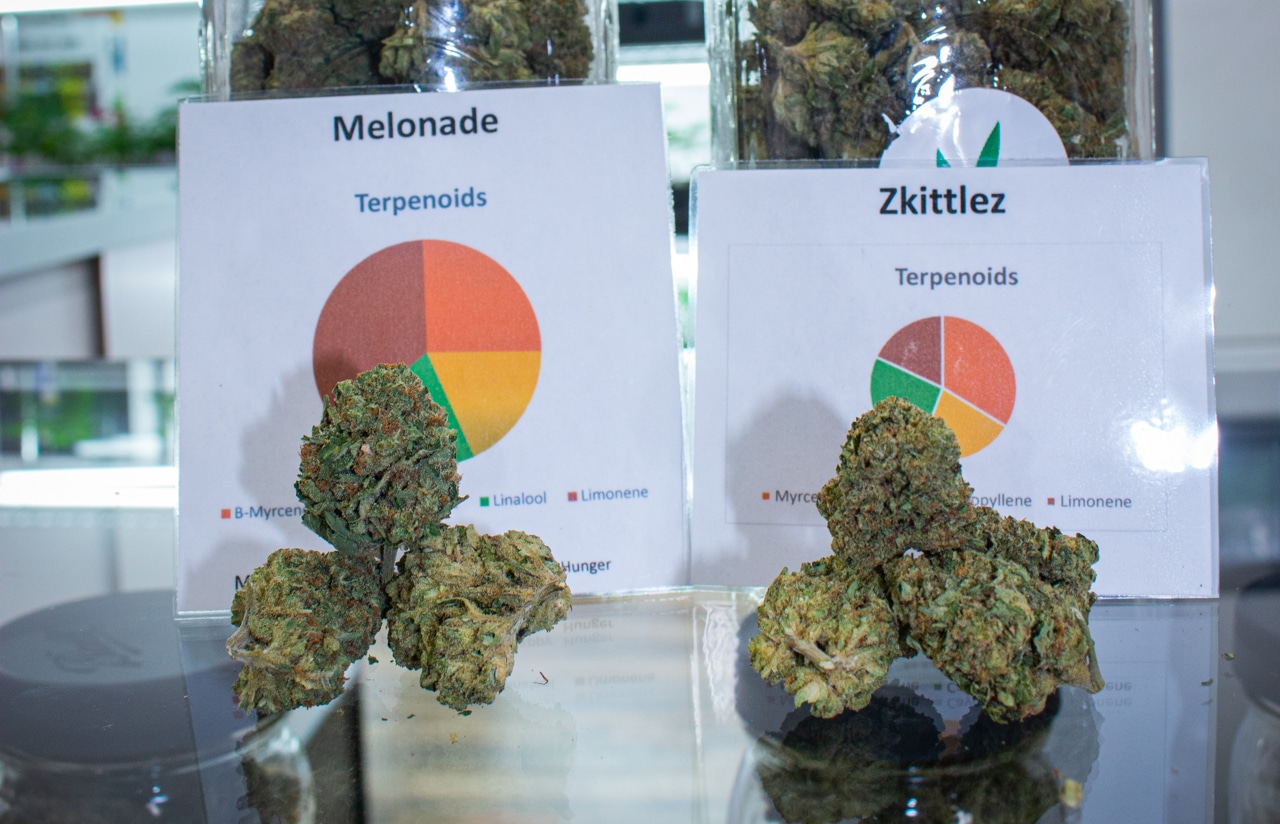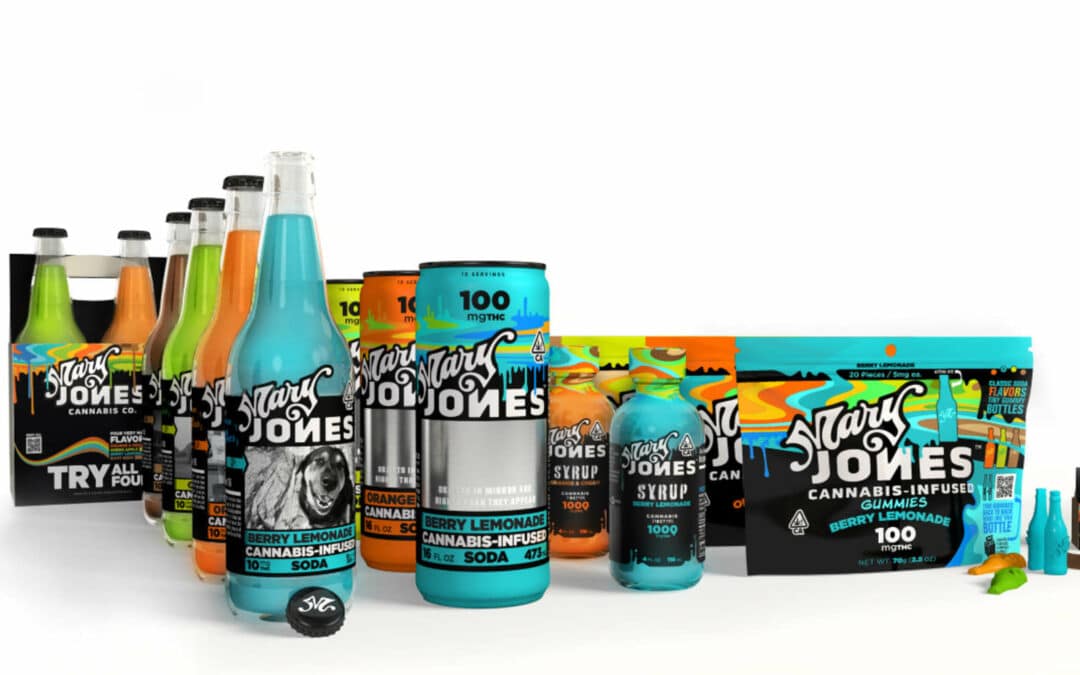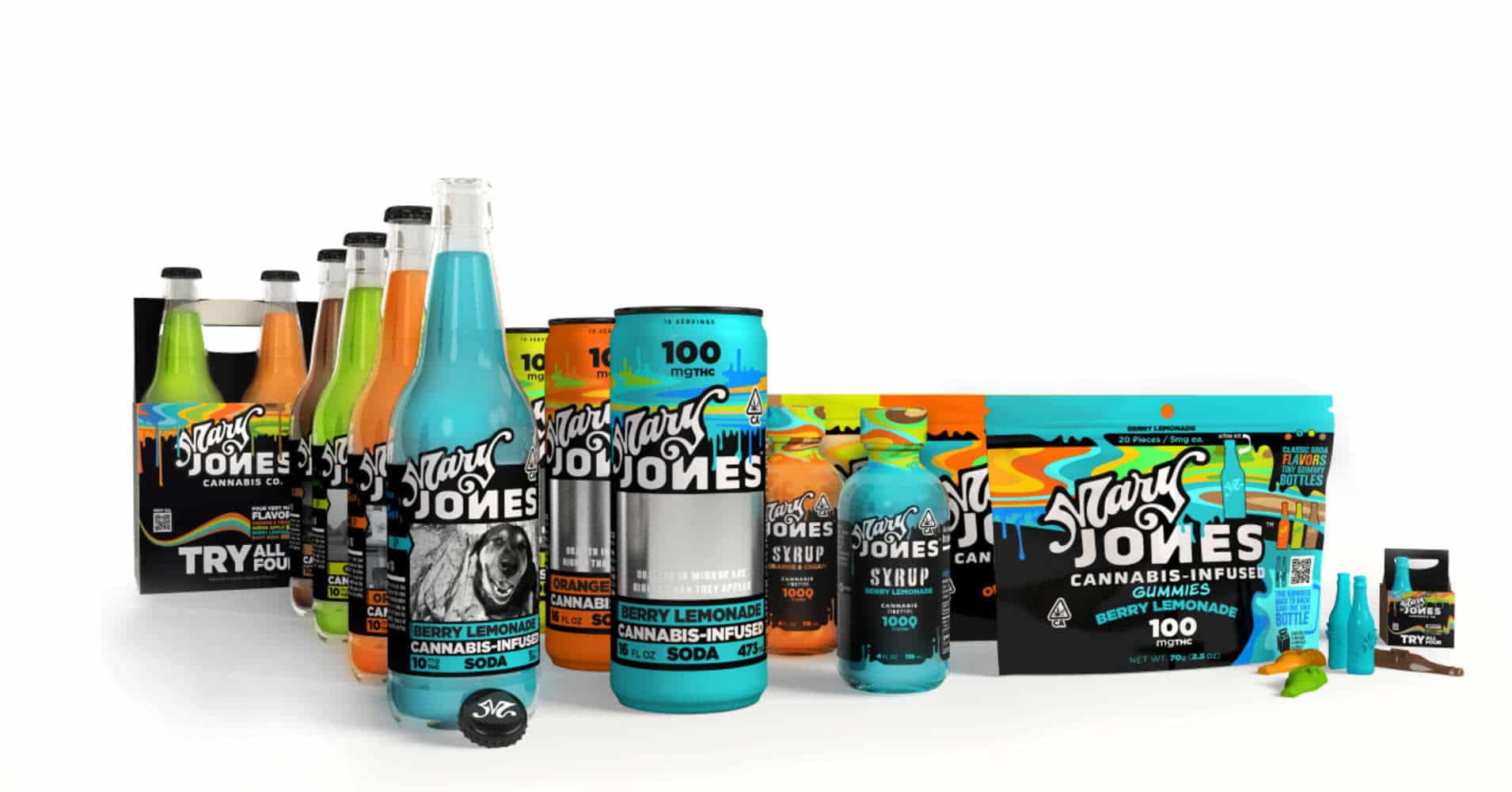
New Mexico gets ready for recreational cannabis sales
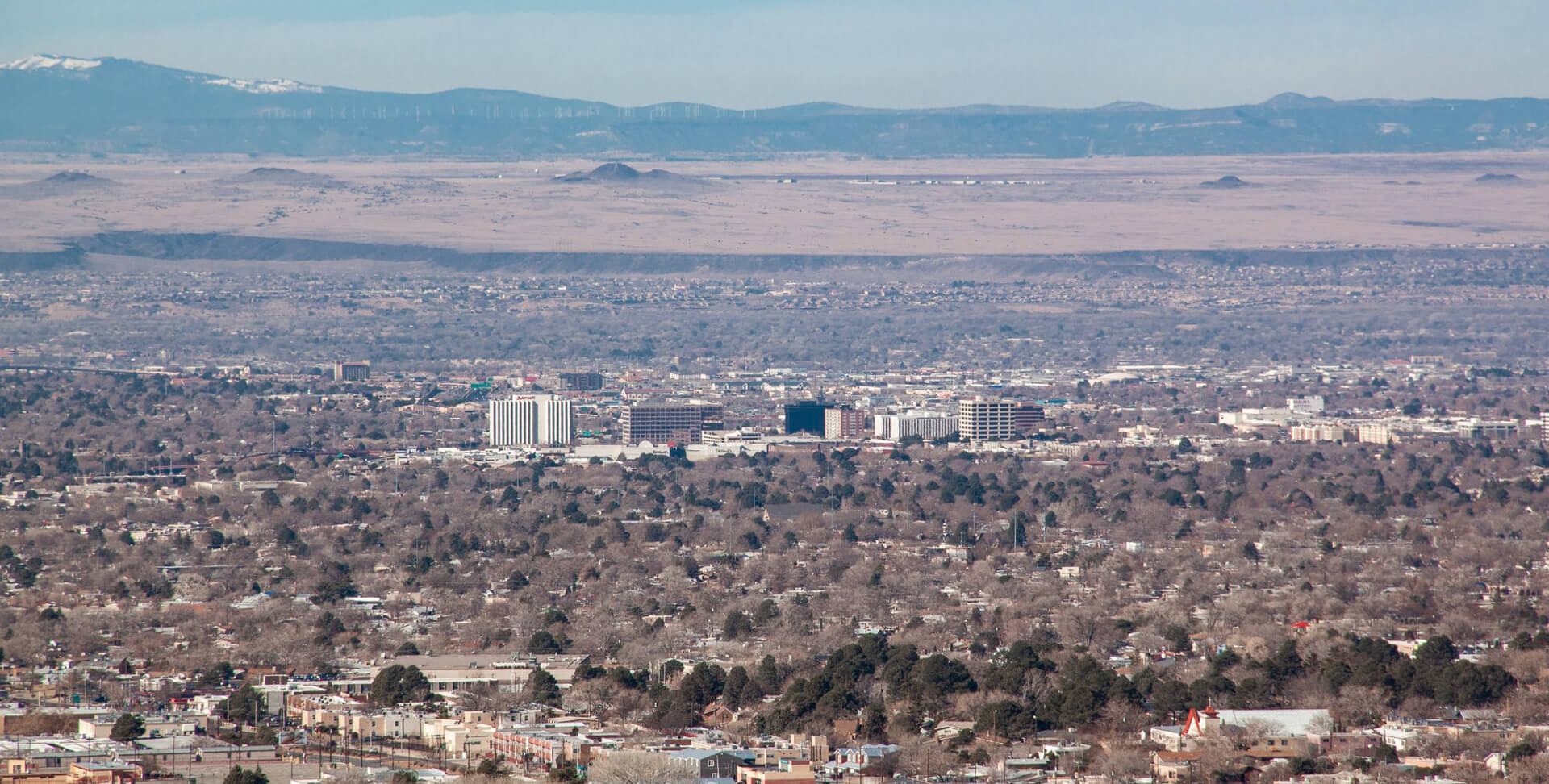
New Mexico recreational cannabis sales are set to start on April 1. While retailers aren’t too concerned about meeting the demands on opening day, nerves are still running high.
Hundreds of retail dispensaries will be opening their doors on April 1, and the excitement is palpable.
“We really expect that first day of business to be filled with excitement,” said Kristen Thomson, director of the Cannabis Control Division of the New Mexico Regulation and Licensing Department.
Some business owners have expressed concerns about whether supply will be able to meet demand in early days of legal sales. Thomson said she is certain cannabis growers have enough products to keep stores stocked.
“We do not have concerns about lack of product,” she said. “As with any new gadget or restaurant or something opening, some products may come up short, but we do not anticipate a massive statewide shortage of product on opening day.”
In addition to the medical cannabis dispensaries that have been in operation for years already, over 220 recreational dispensaries have been approved to open. However it is unclear exactly how many will be open for business on day one. Many of these licenses also include integrated licenses for businesses that produce, manufacture, deliver and sell cannabis products.
Thomson added that the biggest hurdle retailers are facing prior to opening day is getting approved for zoning in their specific municipalities. Other businesses that will be open on the first of legal sales don’t share the same optimism as Thomson regarding supply.


